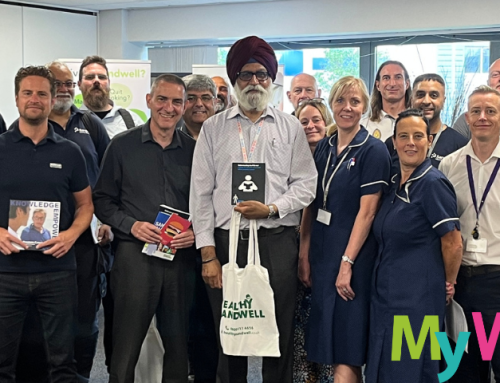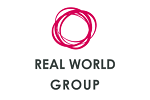Hello PPMA members and friends
What is wellbeing? How do you know what your employees are actually thinking? Does your organisation take wellbeing seriously?
To try and answer some of these questions, West Midlands Employers and PPMA recently hosted a ‘Let’s Talk Wellbeing’ event. Here’s some of the views and methods of managing wellbeing from the three experts who spoke on the day.
David Elliot is a wellbeing manager with Public Health England. PHE works with local authorities and the West Midlands Combined Authority to promote mental health and wellbeing. PHE linked with Business in the Community to create a digital Mental Health Toolkit for Employers. 1 in 6 working age people have been diagnosed with a mental health condition, so the toolkit was created to raise awareness of mental health issues. The toolkit directs the user to many resources and has been viewed over 4000 times since its launch in May 2016.
More than 50% of individuals don’t feel comfortable disclosing their mental health problems with their colleagues; it is important to understand how employees feel and what their ambitions are, and ultimately for them to ‘be themselves’ and feel comfortable at work.
So, what can we do?
Organisations need to have a structure for support and training for employees and managers to be competent in recognising signs of mental health. Consistency is key, to ensure that all employees and managers feel comfortable to have conversations about mental health and wellbeing. If you invest in a mental health strategy, your return on investment will be well worth it.
The strategy should be reflective of supporting policies that meet legal obligations, and should be communicated to employees. It is important to always think: what else can we do? Mental health is everyone’s responsibility.
Lynn Walley joined us to talk about mindful awareness in the workplace. Having a background in coaching and leadership within the public sector, she was able to share her thoughts and knowledge on positive psychology. We discussed how individuals respond to challenges and change, and how negative thoughts can be reframed into positive goals.
Lynn asked the group what their biggest HR challenge is that they’re experiencing right now; three mains themes that came from this were managing sickness absence, culture change and capacity to lead and employee engagement. Although a fast environment is expected, people are trying to do too much, too fast, so we need to take the time to stop and rethink towards a positive mind-set. Lynn bases a lot of her work on Martin Seligman’s theories.
Mental health can be heavily influenced by job design. Take a look at your team, are the right people in the right jobs? Do you know your staff and their personalities? Fisher’s personal transition curve reflects the different thought processes of employees throughout change. (See diagram above).
Empathy and understanding are key management competencies to be able have authentic conversations with employees, building a good relationship based on trust and communication.The office environment, believe it or not, is a key component in shaping employees mental health as the ‘office vibe’ affects emotions. How does noise affect productivity? Silence increases this and creates new brain cells.
Carl Pearson is an executive coach and workshop leader and a qualified Tai Chi Practitioner and instructor. He discussed joy and happiness, quoting Mark Williams and Danny Penman: ‘mindfulness is a learnable mental practice to cope with stress and pressures of modern life’. The benefits of being mindful include:
⦁ Decreasing anxiety, depression and irritability
⦁ Improve memory and reaction times
⦁ Increase mental and physical stamina
⦁ Better relationships
⦁ Higher immune system response
Carl discussed mindful leadership, if leaders aren’t resilient, how can employees be?
As an example of mindfulness, Carl asked us to participate in a COSMIC exercise. We sat and focussed on our breathing and ‘taking a moment’; this exercise can be done by anyone to relieve stress and open the mind.
Engagement isn’t just being productive, receiving reward and recognition, being motivated or committed to goals; it is being creatively engaged through being mindful.
Mindfulness is not about learning to accept the unacceptable, it is about being aware of others and what makes them happy.
We’d love to hear your views and experiences on wellbeing in the workplace, so why not leave us a comment by clicking the comments box at the top of the page?















Leave A Comment